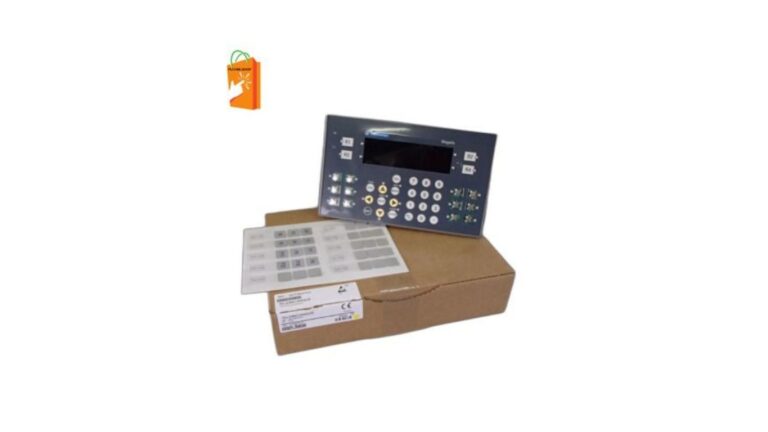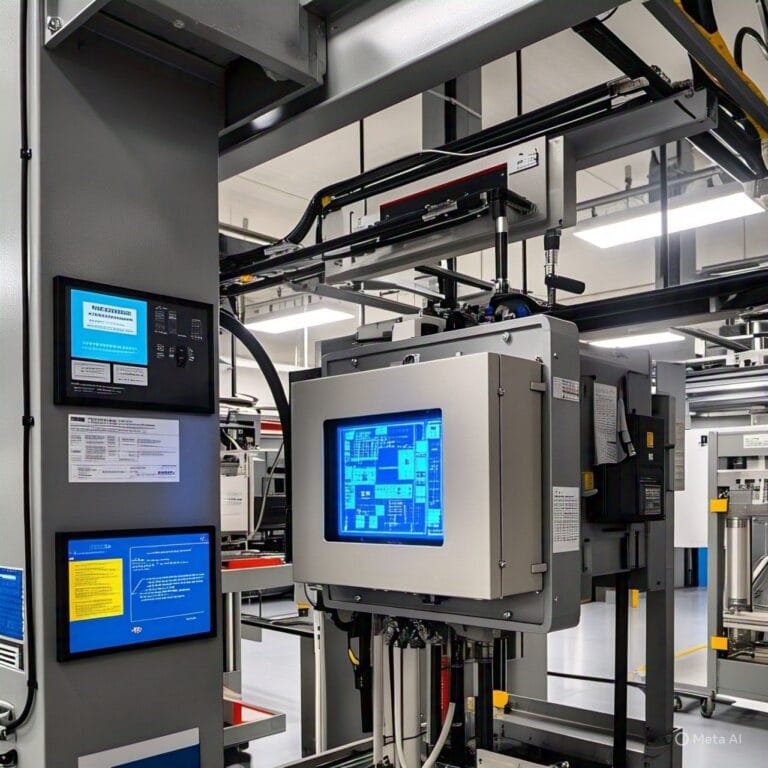Wireless Communication in PLC Systems Future or Risk
As the world proceeds to grasp computerization, the advancement of remote communication in mechanical control frameworks, especially Programmable Rationale Controllers (PLCs), is getting to be more noticeable. These frameworks are at the heart of mechanical computerization, controlling everything from get together lines to security instruments. But with the developing intrigued in remote communication, numerous are cleared out pondering: is remote communication the future of PLC frameworks, or does it posture a hazard to operational steadiness and security?
The Rise of Remote Communication in PLC Systems
In conventional PLC setups, wired associations have been the standard, guaranteeing dependable information transmission and negligible impedances. Be that as it may, as businesses thrust for more prominent adaptability and diminished establishment costs, remote communication presents a compelling elective. The integration of remote communication advances, such as Wi-Fi, Bluetooth, and cellular systems, offers a few advantages:
Reduced Cabling Costs: The essential advantage of remote communication is the critical diminishment in cabling necessities, particularly in huge plants with complex formats. Remote communication can dispense with the require for costly and labor-intensive wiring, diminishing both setup time and operational costs.
Increased Adaptability:
Remote communication permits for more noteworthy adaptability in interfacing inaccessible gadgets or modules without the require for physical cables. This is especially valuable in applications where hardware is versatile or arranged in difficult-to-reach areas.
Improved Observing and Control: Remote frameworks can give real-time information from sensors and gadgets, empowering administrators to screen and control gear from anyplace. This makes a difference in making strides decision-making, investigating, and generally efficiency.
Scalability:
Remote PLC frameworks can be effectively extended to suit extra sensors, gadgets, or control units. This adaptability is advantageous for developing operations or businesses that require visit overhauls to their mechanization systems.
The Dangers and Challenges of Remote Communication
While remote communication offers various benefits, it is not without its challenges and dangers, especially in the setting of PLC frameworks. The most noteworthy concerns are unwavering quality, security, and obstructions, all of which can have genuine results for framework execution and safety.
Interference and Flag Misfortune: Remote communication is vulnerable to obstructions from other electronic gadgets, physical hindrances, and natural variables. In businesses with overwhelming apparatus or tall electromagnetic action, keeping up a steady and solid remote association can be troublesome. This can lead to discontinuous communication, which can influence the execution of the PLC and the by and large mechanization system.
Latency Issues:
Whereas wired communication offers near-instantaneous information transmission, remote communication can present inactivity. Indeed slight delays in information exchange can have a noteworthy affect on real-time control frameworks, particularly in time-sensitive operations where accuracy is critical.
Security Concerns:
Remote systems are more powerless to cyberattacks compared to their wired partners. Unauthorized get to, information interferences, or malevolent impedances can jeopardize the judgment of the whole PLC framework. For businesses managing with touchy forms or basic foundation, the hazard of information breaches or framework hacks is a critical concern.
Regulatory Compliance:
Numerous businesses, such as pharmaceuticals or nourishment generation, are subject to rigid directions that administer security, information keenness, and framework unwavering quality. Guaranteeing that remote PLC frameworks meet these measures can be a complex and time-consuming process.
The Part of Remote Communication Modules
To address a few of these challenges, producers have created specialized remote communication modules that can be coordinates with existing PLC frameworks. Gadgets like the 176424BWA and KFD2-SR2-2.2S modules are outlined to improve the execution and unwavering quality of remote communication in PLC applications.
176424BWA:
This module is utilized for interfacing a PLC framework to a remote organize, encouraging the inaccessible observing and control of mechanical hardware. It gives secure and solid communication in situations where cabling is not viable or cost-effective. The module offers encryption to guarantee information protection and judgment, relieving a few of the security concerns related with remote communication
KFD2-SR2-2.2S:
This safety-related module plays a vital part in guaranteeing that remote communication frameworks in PLC setups meet the required security benchmarks. It gives fail-safe communication to decrease the dangers of framework breakdowns or mischances caused by communication breakdowns. By coordination security highlights into the remote communication system, the KFD2-SR2-2.2S module makes a difference keep up the security and soundness of mechanical processes.
The Future of Remote Communication in PLC Systems
As businesses proceed to embrace more adaptable and cost-effective arrangements, the future of remote communication in PLC frameworks looks promising. Headways in remote innovation, such as 5G systems, progressed encryption conventions, and more dependable flag handling, will likely address numerous of the current concerns.
However, remote communication is impossible to completely supplant wired PLC frameworks in the close future. Instep, we can anticipate a half breed approach, where both wired and remote communication co-exist to give the best of both universes. Basic control frameworks will proceed to depend on wired associations for greatest solidness, whereas remote communication will be utilized to improve adaptability, adaptability, and real-time information collection in less basic areas.
Conclusion
Wireless communication in PLC frameworks is without a doubt a step forward in the journey for more prominent robotization and productivity. Be that as it may, it comes with its claim set of challenges, especially in terms of unwavering quality and security. As remote communication innovation proceeds to advance, the dangers related with it will likely diminish, making it a reasonable alternative for numerous mechanical applications. By combining remote and wired advances deliberately, businesses can tackle the control of remote communication whereas minimizing the related risks.
In the conclusion, whether remote communication is the future or a hazard generally depends on the particular needs and circumstances of each mechanical setup. Cautious arranging, vigorous security measures, and the integration of progressed remote modules like 176424BWA and KFD2-SR2-2.2S can offer assistance guarantee that remote PLC frameworks work securely and effectively.





